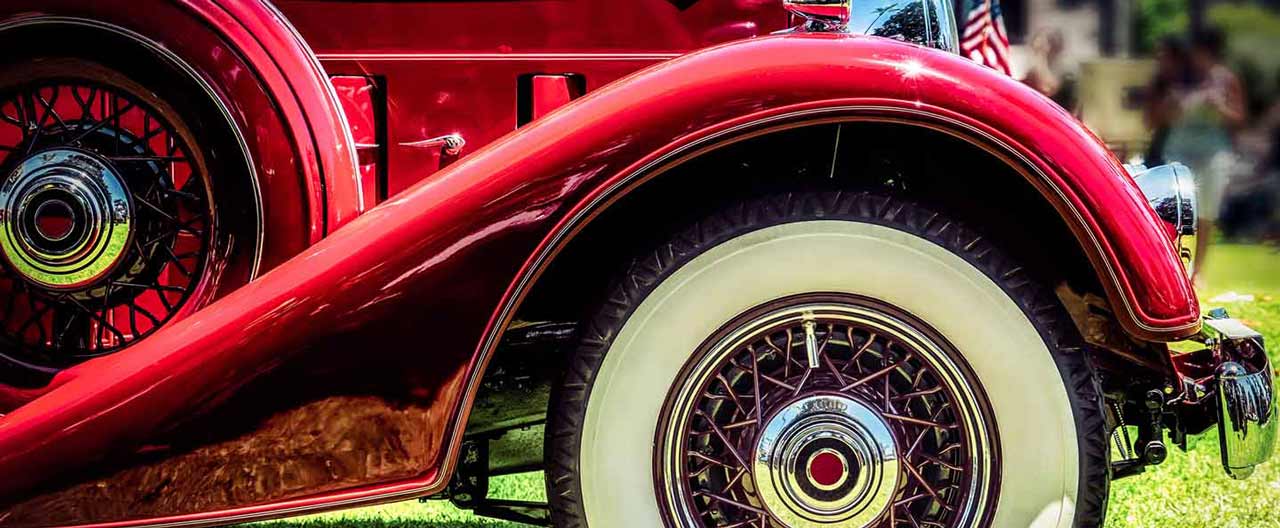Whether you own an antique classic car, 1950s muscle car, supercar, antique truck or military transport, you likely have an emotional attachment to your special vehicle. It may even be worth a lot of money; top classics these days are demanding prices in the hundreds of thousands or millions of dollars. That’s why it’s so important to protect your investment from theft or damage by storing it in a storage facility or protected garage. Not just any garage or facility will do, however. Make sure you keep these tips in mind when deciding where to keep your classic car or truck:
1. Make sure it has a centrally monitored alarm system.
Ideally, the facility’s alarm system should be Underwriters Laboratories of Canada (ULC)-listed, which is installed by a reputable central station monitoring company. The system should include magnetic contact sensors on all exterior doors and windows, glass breakage and/or interior infrared motion sensors, and a combination of smoke detectors and heat sensors. A cellular backup communication device for signal continuity provides further protection in case the connection is disabled.
2. Integrate the central alarm with other monitored devices.
Consider connecting other monitoring devices, such as explosive gas leak detection, water flow/leak detection, digital video recording/camera system, and a backup generator into your central alarm as well. That way, you’ll be alerted if anything happens that could potentially damage your vehicle.
3. Install “clean agent” fire extinguishers.
Unlike regular fire extinguishers that use fine powder, which can have a detrimental cosmetic effect on your vehicle, these use inert gas to put out small fires.
4. Give your car plenty of space.
Try not to put items on shelves, racks, or hooks above your classic car. Leave room between cars if you have more than one.
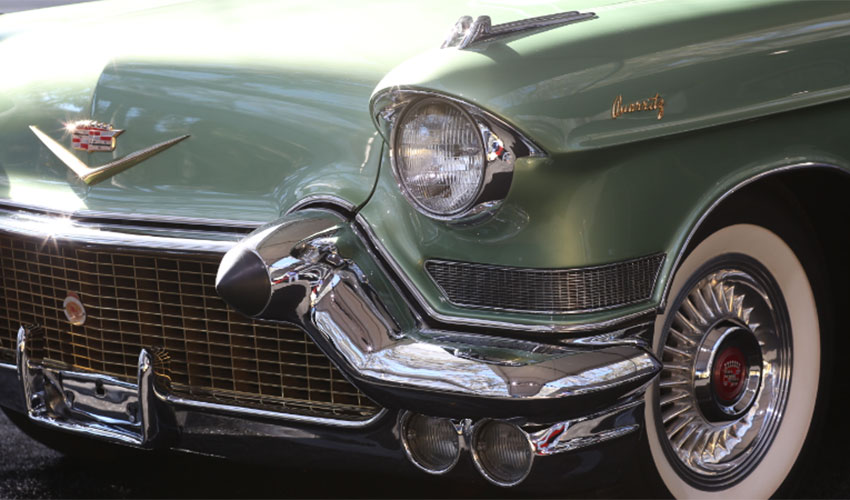
5. Keep windows covered.
If your garage or storage facility has windows, cover them with blinds so that your vehicles are not visible from the outside.
If you have a large collection of cars, keep them at multiple facilities.
That way, if something happens to one facility, not all of your vehicles will be at risk.
6. Inspect the roof of an older building.
If your car is being stored at an older building, hire a licensed roof contractor to evaluate the integrity of the roof system and make any repairs to prevent leaks.
7. Consider an infrared (IR) survey.
Chubb offers complimentary infrared surveys to help prevent issues such as electrical arcing, water intrusion, and missing insulation – all of which can damage a classic car.
8. Conduct restorative work somewhere else.
Flammable materials, dirt and grime can interfere with the safe storage of your car. Therefore, if you need work done on your classic car, have it done elsewhere – in another garage or in a professional shop that specializes in classic vehicles.
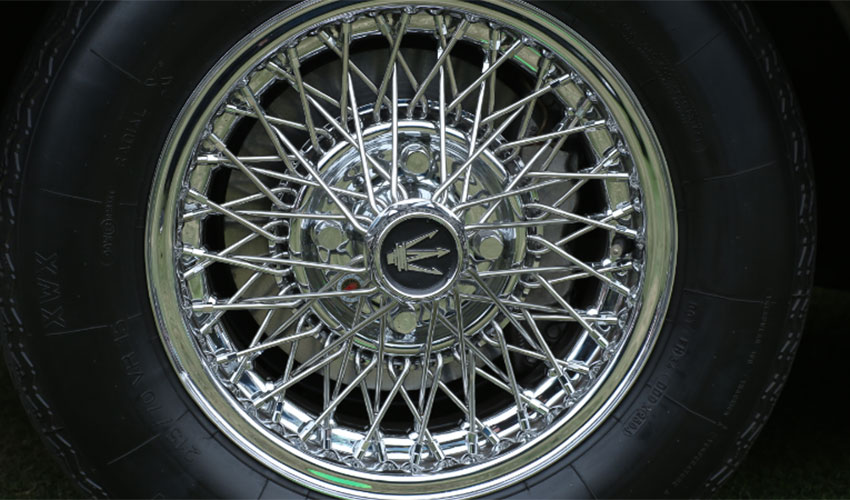
9. Regularly update the appraisal and review your coverage.
Verify that your insurance will cover damage at a remote storage facility. Having an up-to-date appraisal and Agreed Value coverage on your vehicle will ensure that you can repair or replace your car if something should happen at the garage. With the right insurance, you’ll be able to restore your special vehicle to its classic condition, quickly and efficiently.
10. Choose a climate-controlled facility with power.
Your car will thank you for avoiding temperature swings and humidity. Also, connect a battery maintenance device to the car so it will start right up when you are ready to take a drive.
Insights and expertise
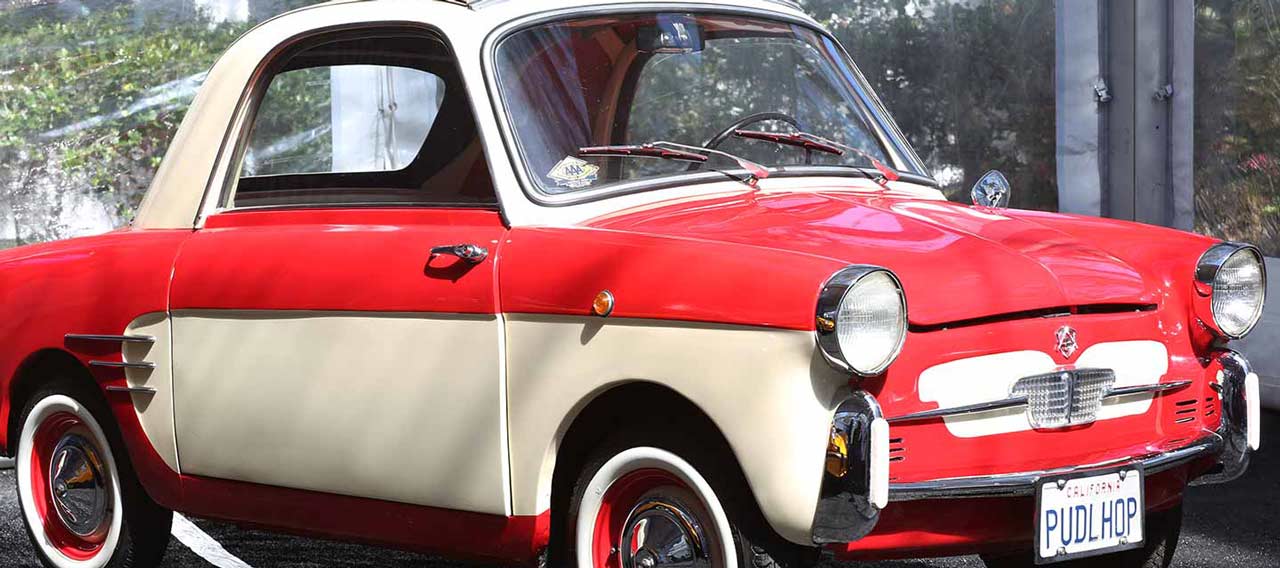
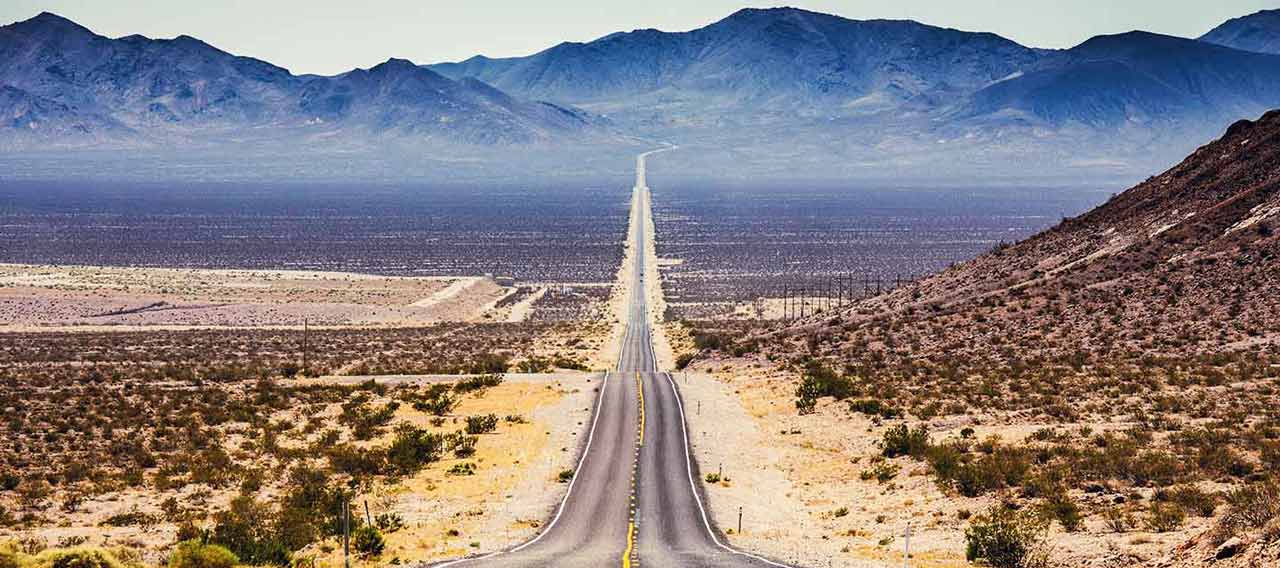
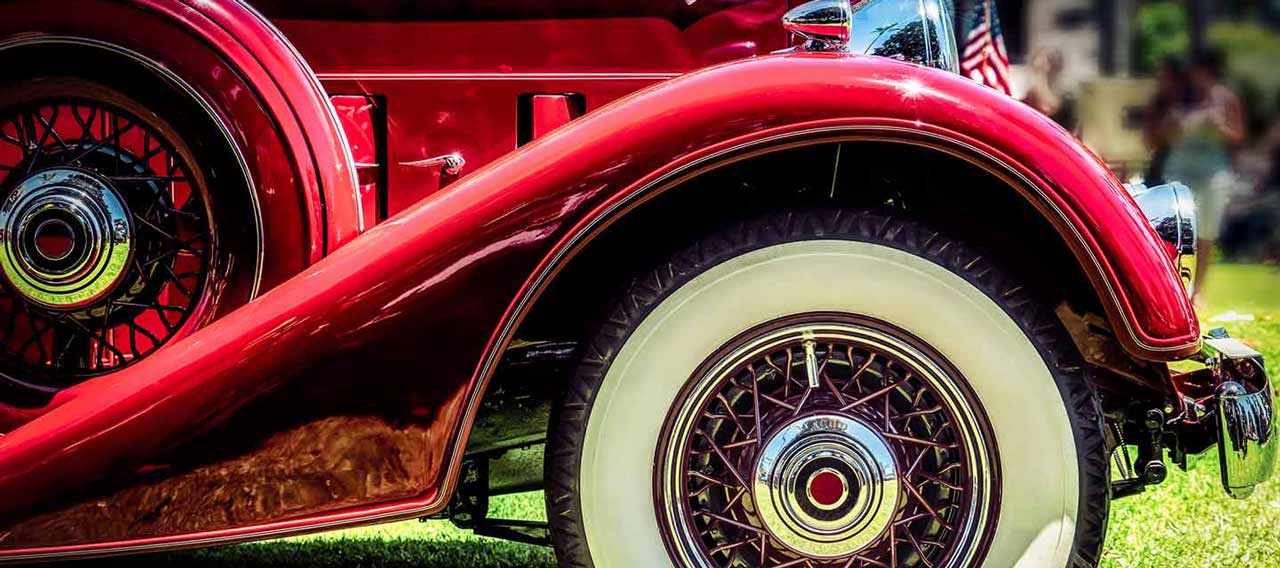
This document is advisory in nature and is offered as a resource to be used together with your professional insurance advisors in maintaining a loss prevention program. It is an overview only, and is not intended as a substitute for consultation with your insurance broker, or for legal, engineering or other professional advice.
Chubb is the marketing name used to refer to subsidiaries of Chubb Limited providing insurance and related services. For a list of these subsidiaries, please visit our website at www.chubb.com. Insurance provided by Chubb Insurance Company of Canada or Chubb Life Insurance Company of Canada (collectively, “Chubb Canada”). All products may not be available in all provinces or territories. This communication contains product summaries only. Coverage is subject to the language of the policies as actually issued.


